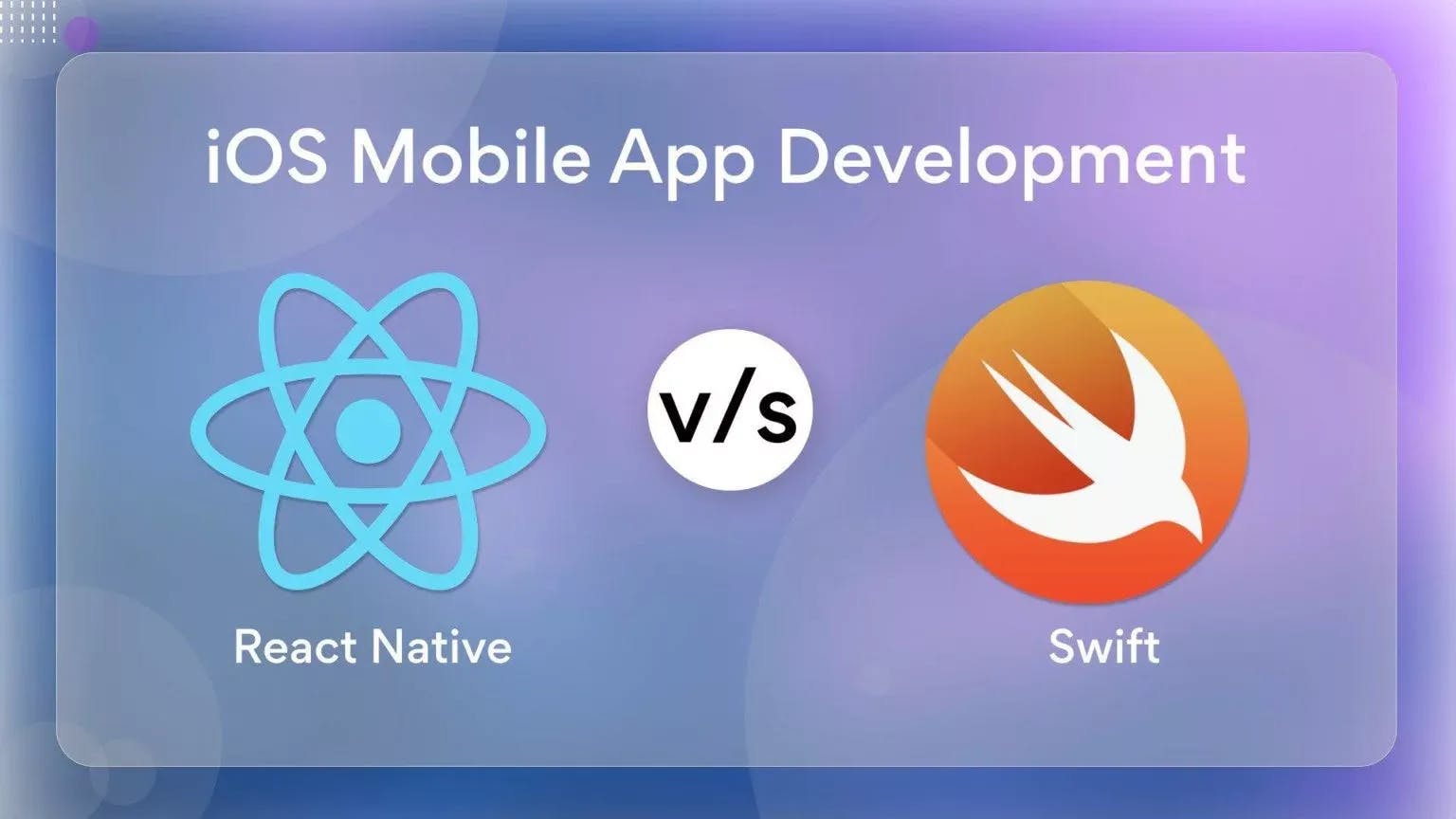Leverage Turing Intelligence capabilities to integrate AI into your operations, enhance automation, and optimize cloud migration for scalable impact.
Advance foundation model research and improve LLM reasoning, coding, and multimodal capabilities with Turing AGI Advancement.
Access a global network of elite AI professionals through Turing Jobs—vetted experts ready to accelerate your AI initiatives.
Remote TypeScript/Node.js developer jobs
We, at Turing, are looking for remote TypeScript/Node.js developers who will be responsible for developing back-end components, connecting applications with other web services, and building large-scale applications. Get the opportunity to work with elite U.S. companies and rise quickly through the ranks.
Find remote software jobs with hundreds of Turing clients
Job description
Job responsibilities
- Plan, develop and implement user interface strategy
- Develop and maintain server-side network components
- Work on design and visual appearance of web applications
- Ensure optimal performance of central database and responsiveness to front-end elements
- Write testable and reusable code to build high-performance applications
- Improve user experience and implement security protocols, data protection measures, and storage solutions
- Upgrade customer-facing UI and back-end services
Minimum requirements
- Bachelor’s/Master’s degree in Engineering, Computer Science, or IT (or equivalent experience)
- At least 3+ years of experience as a TypeScript/Node.js developer (rare exceptions for highly skilled developers)
- Proficiency in TypeScript and its frameworks such as AdonisJS, Ts.Ed, Feather, etc.
- Proficiency in Node.js and its frameworks such as Express, StrongLoop, etc.
- Extensive knowledge of front-end technologies such as HTML5, JavaScript, and CSS3
- Expertise in microservices and back-end API’s for high traffic, modular web applications
- Understanding of CSS preprocessors like SASS/LESS
- Fluent in English to communicate effectively
- Ability to work full-time (40 hours/week) with a 4 hour overlap with US time zones
Preferred skills
- Experience in frameworks and libraries such as AngularJS, ReactJS, KnockoutJS, and BackboneJS
- Understanding of Agile software development, Kanban board, SCRUM
- Knowledge of databases, web service design, and development
- Experience working with code versioning tools like Git
- Great analytical and problem-solving skills
Interested in this job?
Apply to Turing today.
Why join Turing?
1Elite US Jobs
2Career Growth
3Developer success support
How to become a Turing developer?
Create your profile
Fill in your basic details - Name, location, skills, salary, & experience.
Take our tests and interviews
Solve questions and appear for technical interview.
Receive job offers
Get matched with the best US and Silicon Valley companies.
Start working on your dream job
Once you join Turing, you’ll never have to apply for another job.

How to become a Typescript/Node.js developer?
Node.JS is a runtime environment based on Google’s open-source engine, V8. This engine can be used for web development. Node’s design separates the concerns of clients and servers by implementing an event loop and a single thread environment. Node.js allows for the simultaneous sending and receiving of information from a server to the user's browser, which helps achieve low latency and high throughput.
TypeScript is a language developed by Microsoft. TypeScript, which was originally known as TypeScript 0.8, is a superset of JavaScript and adds optional static typing on top of JavaScript. These types allow programmers to structure and check their codes before the execution, thus helping them write large-scale applications effectively.
Both typescript and Node.js are popular among developers and development companies for web development. They are growing immensely in implementation. This gave rise to an increase in typescript/node.js developer jobs.
What is the scope in Typescript/Node.js development?
As newer programming languages emerge, old ones often fall out of use or become less popular. Introduced in 2009, Node.js development has become increasingly popular. It continues to stand the test of time in comparison to newer programming languages. The popularity of Node.js continues to grow, as it is one of the most sought-after programming languages for startups.
In recent years, the number of companies seeking to fill TypeScript positions also has risen sharply, an indication that the language is increasing in popularity. The demand for TypeScript developers parallelly rose in recent years, which coincides with the popularity of TypeScript in the programming community.
What are the roles and responsibilities of a Typescript/Node.js developer?
As a TypeScript developer, you’re usually in charge of improving the user experience (UX) of the company’s applications and platforms. Since you specialize in the front end of software development, you’re likely to work mostly on the client-side.
A Node.js developer writes code for web applications that allows them to run in a non-blocking, event-driven manner. This code is often written in JavaScript, CoffeeScript, or another variant of it. While they may not write the entire application from scratch, they typically create the back-end components and connect the software with other services. They also support front-end developers by integrating their work with the web application's Node.js components.
Typical day-to-day responsibilities of a typescript/node.js developer include:
- Assimilation of customer-centric elements created by front-end developers with backend logic
- Developing reusable, testable, and efficient code
- Develop and deploy low-latency, scalable, and robust applications
- Implement security and data protective elements
- Integrate data storage solutions
- Plan, develop, and implement the user interface.
- Improve the look and design of the companies’ web applications
- Collaborate with other designers and developers to create compelling web interfaces.
- Investigate and study the most recent user preferences
- Always stay updated on the latest technologies and practices in their field.
- Document the project they are working on
How to become a Typescript/Node.js developer?
To begin, one need not have a degree for becoming a Typescript/Node.js developer. You can master Typescript/Node.js development to build a career in it whether you're a graduate or non-graduate, experienced or inexperienced. All you need is practical experience and command over the relevant technical and non-technical skills.
Although Typescript/Node.js developer jobs do not necessarily require a bachelor's or master's degree, many firms prefer candidates with a degree. especially if they need to fill a vacancy. Because computer science degrees are likely to make you more knowledgeable about the field giving you skills that can help you get remote web development jobs.
Let us now understand the skills and methods you'll require in order to become a successful Typescript/Node.js developer:
Interested in remote Typescript/Node.js developer jobs?
Become a Turing developer!
Skills required to become a Typescript/Node.js developer
Begin with learning the fundamental skills that can get you high-paying Typescript/Node.js developers jobs. Let’s take a look at what you need to know!
1. HTML & CSS
HTML and CSS work together to give a website its structure, appearance and functionality. HTML provides the structure, much like a building's framework, but without CSS, a site would look plain. CSS provides visual appeal. It offers animated GIFs, parallax scrollers like in the Tumblr app or on this site, and images that respond well under different browser sizes.
2. JavaScript
JavaScript is a scripting language that enables dynamic interactivity on websites when applied to an HTML document. It is a lightweight and object-oriented programming language that is interpreted, as opposed to compiled. JavaScript allows users to build modern web applications that interact directly with the server. Which eliminates the need to reload the entire website every time a user makes a change. JavaScript is commonly used in conjunction with HTML and CSS to dynamically modify a user interface by accessing the Document Object Model (DOM) via the Document Object Model API (DOM API).
3. PHP
PHP is an HTML-embedded scripting language that enables web developers to create more interactive, dynamic websites and web applications. PHP code can be run on a server for processing, by which PHP can make webpages more interactive and complex. Moreover, PHP offers the option to password-protect specific pages on a website.
4. Ruby on Rails
Ruby is a general-purpose programming language with a streamlined syntax that does not require excessive punctuation. Ruby also has a shorter learning curve than Java, as it does not require more time to create basic data field structure. Additionally, Ruby eases the use of high-level abstractions, such as metaprogramming.
5. Git/Version Control
Version-control systems allow you to track changes to a codebase (or set of codebases) over time. A version-control system helps development teams coordinate changes to a project’s code by providing an auditable record of each change made to the codebase. These records may also be useful in helping resolve issues that occur on a website in production. Many software programs provide abilities and functionalities for version management. These include Git, Subversion, and CVS. Many developers call "knowing how to use Git" a vital job skill because knowing how to use it will be necessary for most development jobs regardless of the level of expertise or experience.
Interested in remote Typescript/Node.js developer jobs?
Become a Turing developer!
How to get remote Typescript/Node.js developer jobs?
Developers are a lot like athletes. In order to excel at their craft, they have to practice effectively and consistently. They also need to work hard enough that their skills grow gradually over time. In that regard, there are two major factors that developers must focus on in order for that progress to happen: the support of someone who is more experienced and effective in practice techniques while you're practicing. As a developer, it's vital for you to know how much to practice - so make sure there is someone on hand who will help you out. Above all, keep an eye out for any signs of burnout!
Turing offers the best remote Typescript/Node.js developer jobs that suit your career trajectories as a Typescript/Node.js developer. Grow rapidly by working on challenging technical and business problems on the latest technologies. Join a network of the world's best developers & get full-time, long-term remote Typescript/Node.js developer jobs with better compensation and career growth.
Why become a Typescript/Node.js developer at Turing?
Elite US jobs
Career growth
Exclusive developer community
Once you join Turing, you’ll never have to apply for another job
Work from the comfort of your home
Great compensation
How much does Turing pay their Typescript/Node.js developers?
At Turing, every Typescript/Node.js developer is allowed to set their rate. However, Turing will recommend a salary at which we know we can find a fruitful and long-term opportunity for you. Our recommendations are based on our assessment of market conditions and the demand that we see from our customers.
Frequently Asked Questions
Latest posts from Turing
Leadership
Equal Opportunity Policy
Explore remote developer jobs
Based on your skills
- React/Node
- React.js
- Node.js
- AWS
- JavaScript
- Python
- Python/React
- Typescript
- Java
- PostgreSQL
- React Native
- PHP
- PHP/Laravel
- Golang
- Ruby on Rails
- Angular
- Android
- iOS
- AI/ML
- Angular/Node
- Laravel
- MySQL
- ASP .NET
Based on your role
- Full-stack
- Back-end
- Front-end
- DevOps
- Mobile
- Data Engineer
- Business Analyst
- Data Scientist
- ML Scientist
- ML Engineer
Based on your career trajectory
- Software Engineer
- Software Developer
- Senior Engineer
- Software Architect
- Senior Architect
- Tech Lead Manager
- VP of Software Engineering















